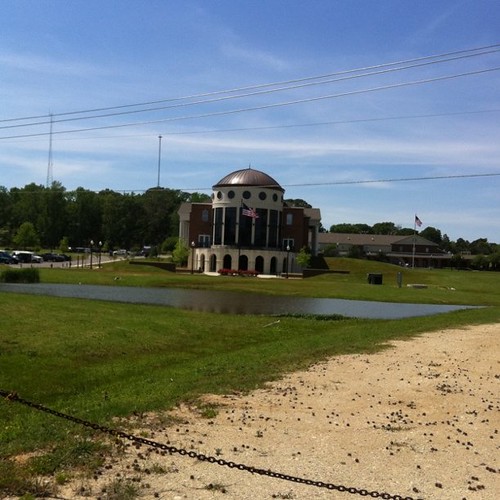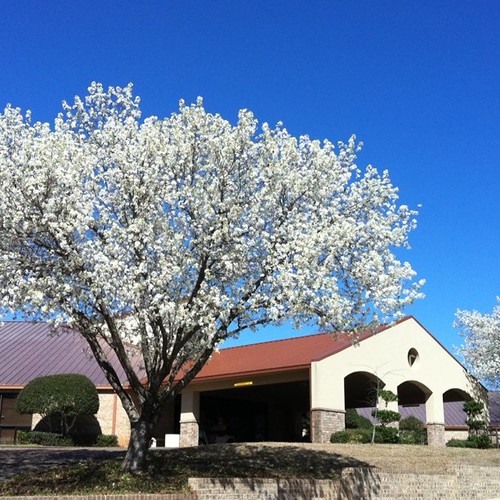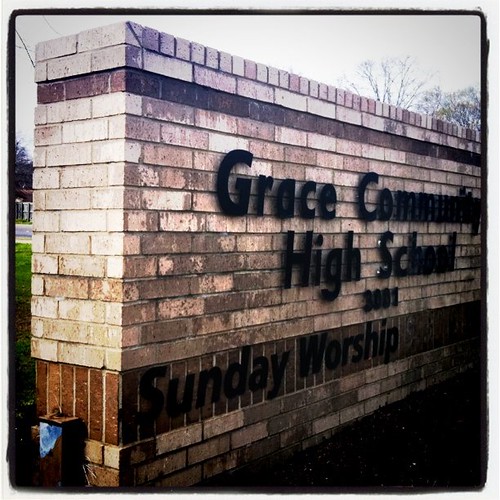Teaching can be a funny gig! Teachers have a way of developing relationships with those at other schools by simply moving from institution to institution, and mingling with others who do the same, not unlike waiters or bartenders.
As someone who has been teaching in and out of East Texas for a number of years now, there are a couple of local schools with whom I have a personal connection, and I’ve not been shy about promoting them.
So over the last year and half a lot of my writing has focused on individual private schools in the Tyler area. In recent weeks however I’ve started to approach the subject from a bit different angle.
Rather than simply giving the skinny on the individual schools, I’ve started looking into and discussing the methodology and curriculum on which they are founded.
Like any other business, private schools generally form around a need or concept that their founders find lacking in other existing institutions within the community. This is exactly how Grace Preparatory Academy (GPA) in Fort Worth, Texas was formed back in 1992, and it lead to a new style or model in private schools called the university model.
The founders of GPA had collectively tried all existing forms of education for their children, from public, to private, to home school, and found no single form that embodied all the strengths they were seeking for their families.
After meeting with others experiencing similar dilemmas, they elected to try a radical solution, combining the best of home and private schooling, into a sort of hybrid.
The new school would function very much like a university. Students register for the classes they require to graduate, while taking others at home with a parent or tutor.
The same classes are not held every day, so enrolled students, need not be on campus everyday and in fact some schools hold no classes on off days during the week.
The novel system was a success, and interest in the new approach began to generate both across the state and eventually the country. Thus a new overarching organization was formed to provide assistance to new university model schools.
The new foundation was named the National Association of University Model Schools (NAUMS).
University Model Schools (UMS) were formed to provide parents with an alternative approach to educating their students that would allow them to play a more active role, and give them a greater voice in how and what their children are taught.
Obviously the NAUMS is a religious organization whose goal it is to help establish solid Christian schools around the country.
As interesting and original as this new method is, astute readers are probably curious about a) how the system benefits the individual students, and b) propaganda aside, how the individual school and student functions on a day to day basis within the new system. NAUMS is not a curriculum.
In fact each school chooses its own curriculum, and develops its own identity apart from the umbrella organization. All schools who follow the model however, do aspire to building Christian character and strong academic programs.
Do University Model Schools consistently succeed in producing students of faith who are ready for college life? As with any school, the preverbal devil is in the details. The success of any school is in my opinion, largely determined by the quality of teachers employed there.
Since any NAUMS school can use the curriculum and educators of its choice there is room for it to rise or fall on that basis, but to my knowledge, most of the UMS institutions around the country are showing excellent results.
Another interesting component is that these schools draw not only from area homeschoolers, but also from other private and public schools.
Now I’ll be honest, I’m a proponent of UMS, but I also have to concede that the program may not be for every student or parent.
The method does require the student to be both motivated and responsible, but it also helps to build those qualities into the student at the same time.
The parent on the other hand must be a participant in their child’s education. This is not the approach for the parent who tends to wants little day to day, involvement in their student’s learning.
For more information on University Model Schools, visit the NAUMS web page at http://www.naums.net/index2.html. To read more on the first UM School go to http://www.graceprep.org/. To investigate Tyler’s own UMS read my article entitled Something Different in Education, by simply clicking on the following link, http://www.tylertxdirectory.com/1134/something-different-in-education/.

 As a teacher for going on twelve years now, much of my writing focus for
As a teacher for going on twelve years now, much of my writing focus for 


